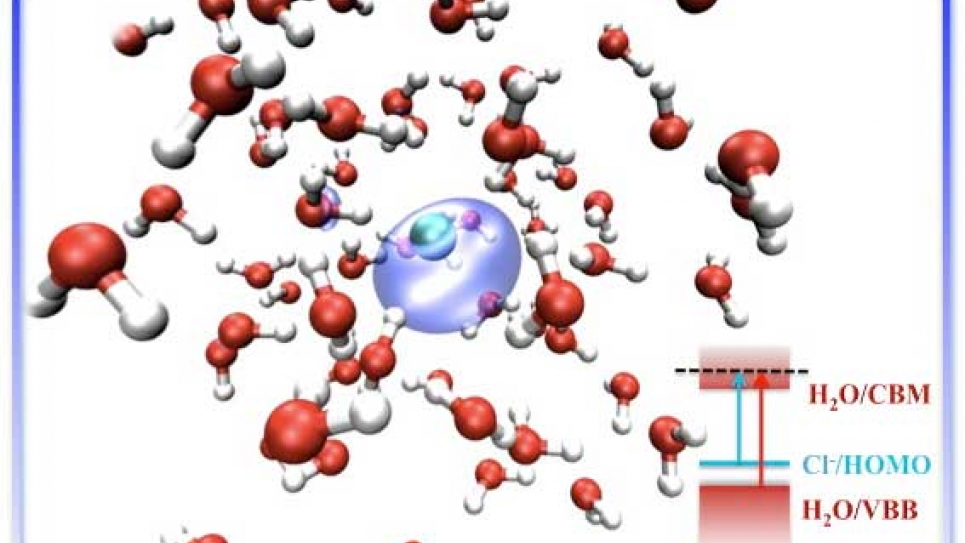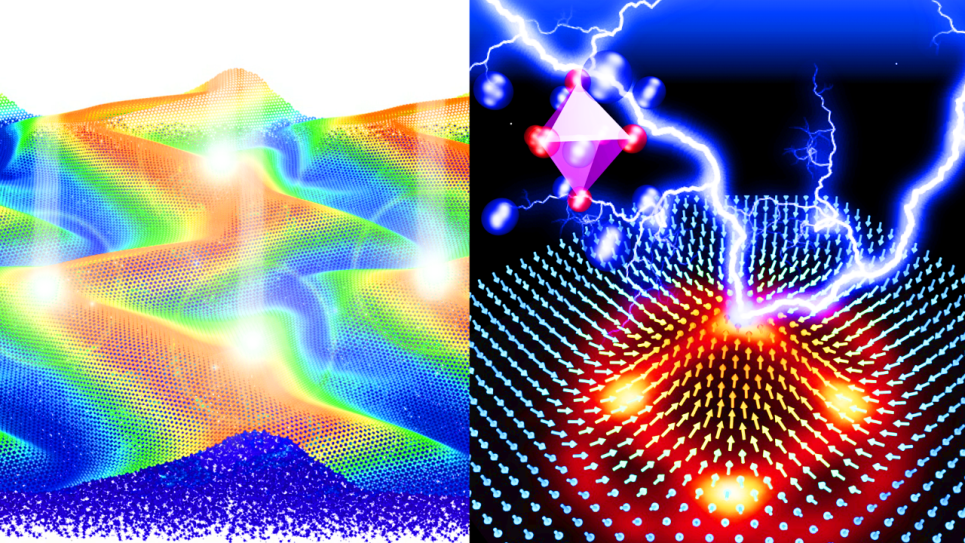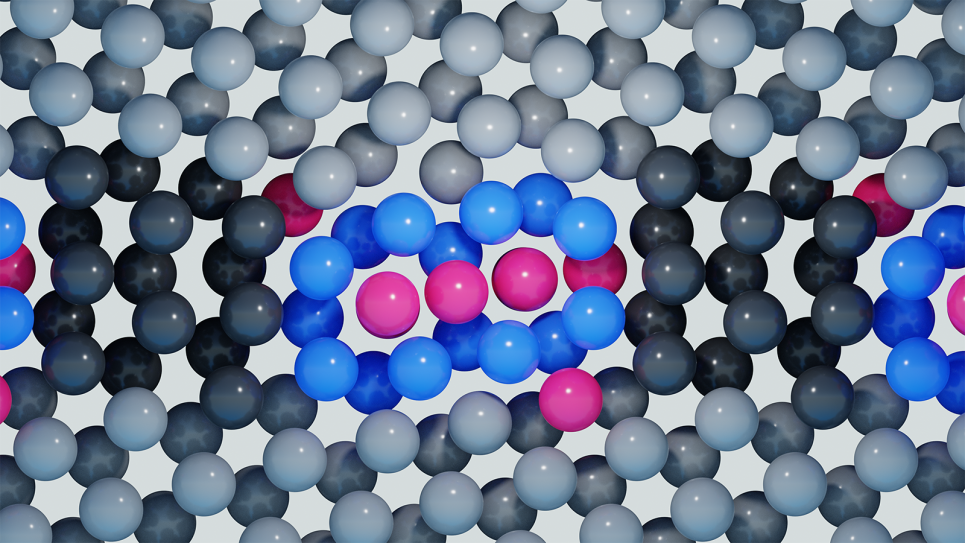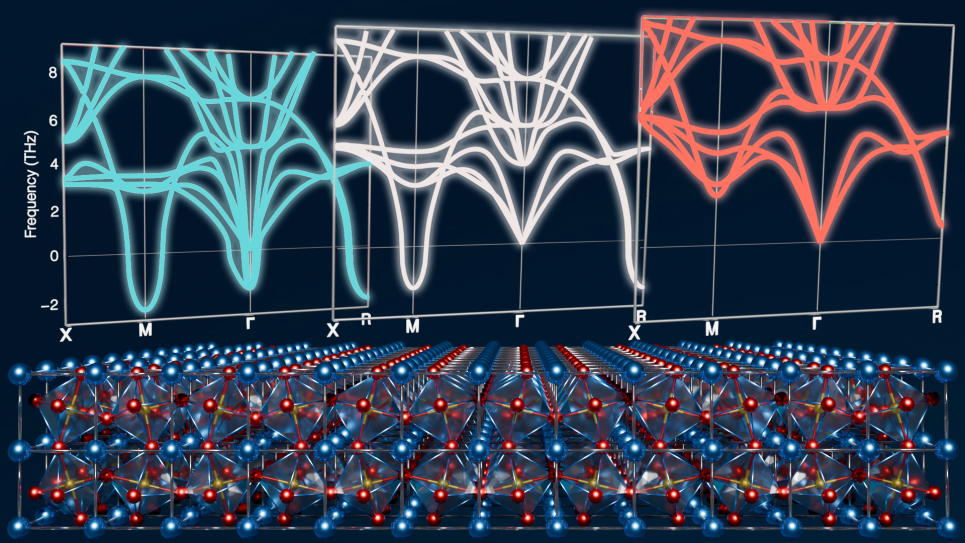
Vibrational Spectroscopy of Liquid Mixtures and Solid/Liquid Interfaces
Understanding pure water is an essential prerequisite for grasping the behavior of aqueous solutions interacting with surfaces. The use of leadership class resources has been instrumental in assessing the accuracy of first principles theories for water. With earlier INCITE allocations, several accurate flavors of density functional theory (e.g., PBE0 and van der Waals functionals) were used to investigate water and ions in water with atomistic resolution. Specifically, researchers carried out ab initio molecular dynamics calculations using the Qbox code on Intrepid, an IBM Blue Gene/P, and determined the structural and vibrational properties of liquid water and simple anions in water for several temperatures. Findings suggest that through the use of high-performance computing, researchers can significantly improve their predictive power of aqueous environments.
The research team will continue to develop scalable software for first principles simulations using recursive bisection algorithms. Future work also includes expanding computational spectroscopy capabilities to study water at solid oxide interfaces and water/low Z mixtures at metal interfaces, including the calculation of infrared and Raman spectra.
This research is enabling the team to separate the effects responsible for observed phenomena that can’t be easily probed experimentally, such as interface structure dependence of vibrational properties of liquids and liquid mixtures. Galli’s ongoing work will play a key role in understanding the physical and chemical problem of processes involved in carbon-bearing fluids in the deep Earth, in particular, methane dissociation under upper mantle conditions, as well as in understanding structure and dissociation of water in contact with solid oxide surfaces.


